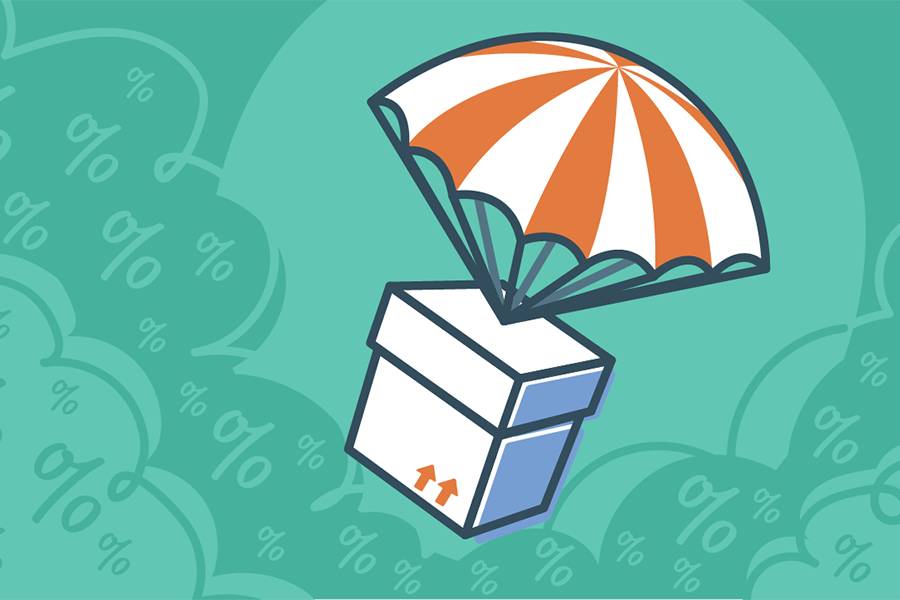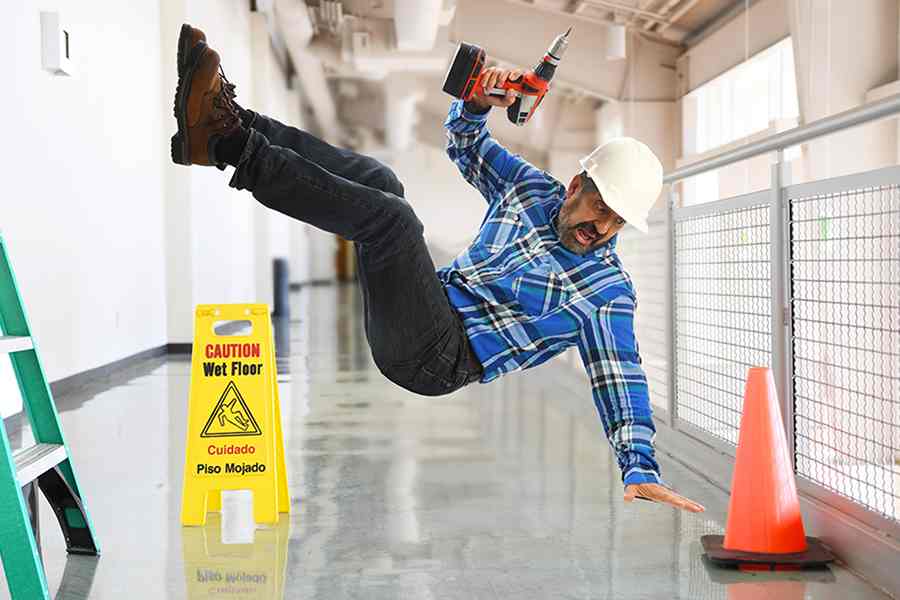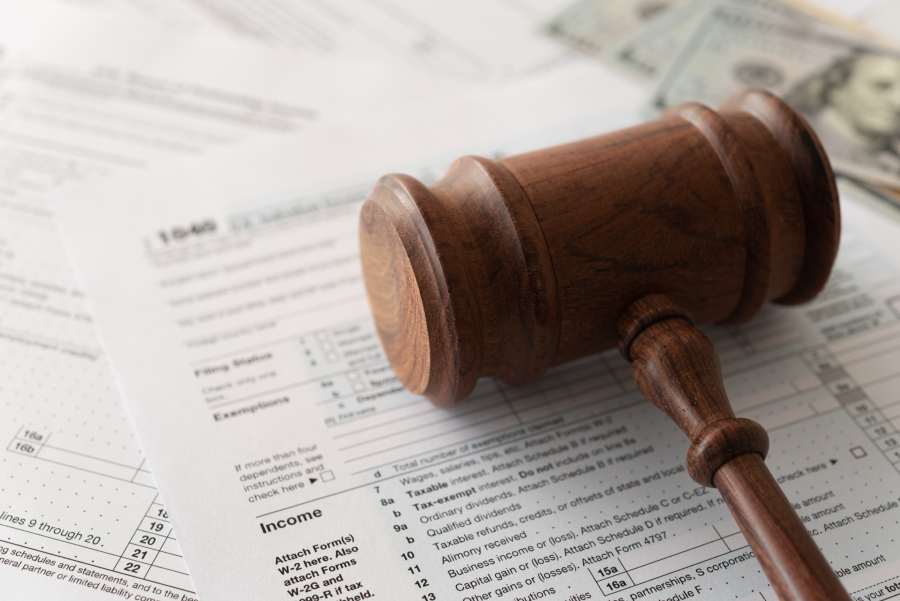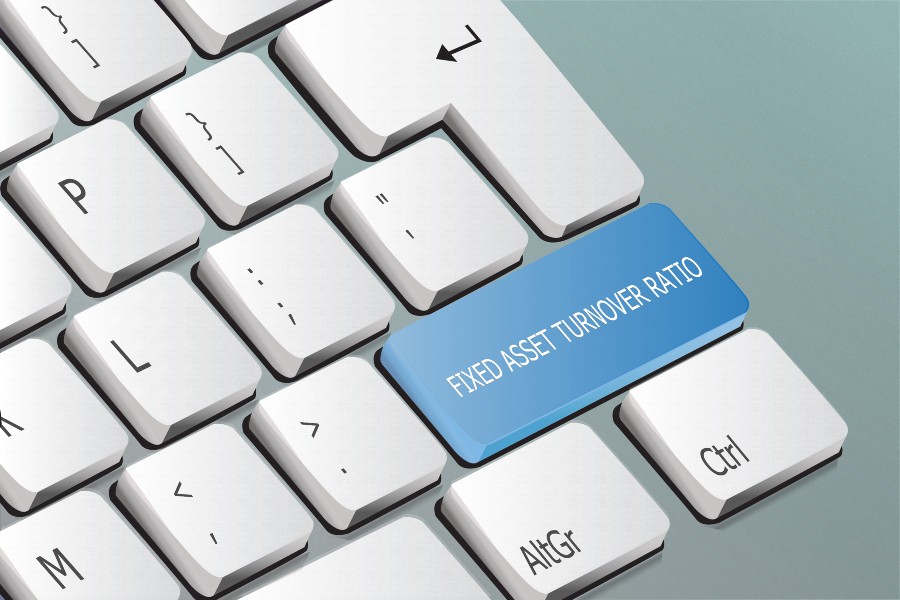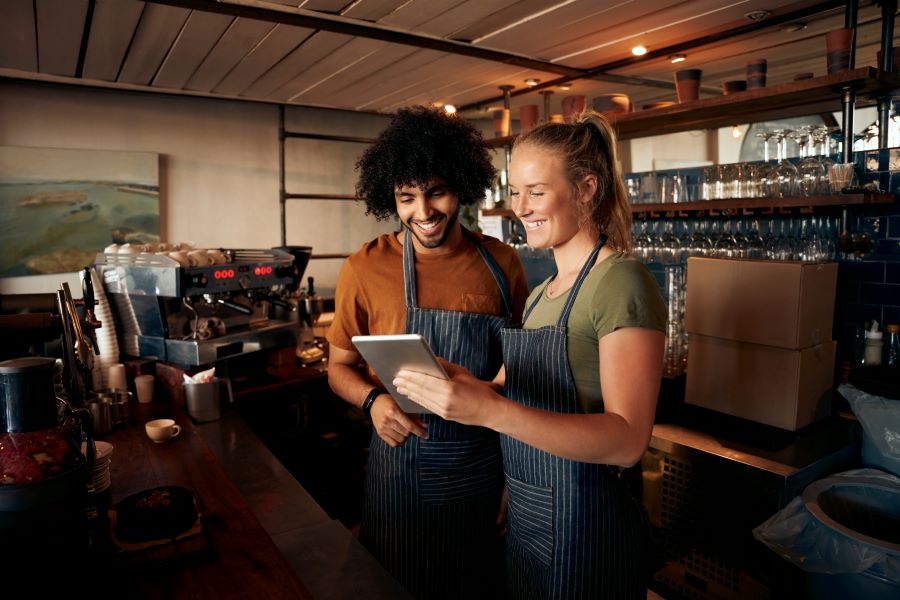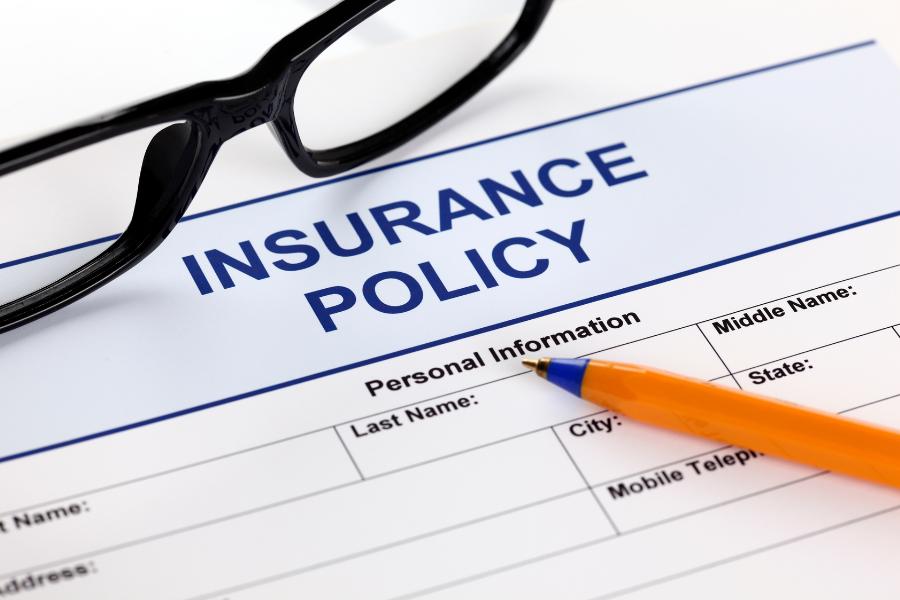
Restaurant insurance is a policy, or combination of policies, that protects restaurants from financial harm. This harm can be to your property or the financial stability of your company from a lawsuit brought by a third party for different types of losses (e.g., a lawsuit related to food poisoning). The most common type of policy is a business owner’s policy (BOP), and costs can range from $1,400 to $6,300 annually for a BOP without liquor liability.
Next Insurance is our top insurer for restaurant insurance because of its tailored policies for the food and beverage industry, affordable pricing, and convenience, which enables you to manage your policy or create a certificate of insurance (COI) online or through its app. See for yourself—you can get a quote online and purchase a policy in minutes.
Visit Next Insurance for a Quote
When calculating premiums, providers use data from their own experience underwriting restaurants, state laws, and data points specific to the business. These average restaurant insurance costs were calculated after collecting multiple quotes for the same establishment: a restaurant with four employees, less than 2,000 square feet, and alcohol sales representing less than 30% of the total revenue.
Workers’ compensation is another common policy for restaurants. However, the cost of workers’ compensation is calculated using a formula that includes your industry, claims history, and the number of employees.
When looking for insurance for your restaurant, be prepared with answers to the following:
- Type of restaurant: Do you run a fine dining establishment, a carry-out-only restaurant, or a pub?
- Claims history: Have you filed a claim in the past three to five years?
- Revenue: What is last year’s revenue and the anticipated revenue for this year?
- Location: What state do you work in? (If you work in multiple states, this will impact your premium.)
- Kitchen equipment value: The value of the equipment that you want to insure is calculated. Some providers will want all of the equipment listed when quoting, and others may ask for a ballpark estimate of value.
- Dining room furniture value: The cost of the decor, furniture, and cutlery for your restaurant.
- Number of employees: How many employees does your restaurant have and the breakdown between part-time, full-time, and the overall payroll.
- Alcohol: This is a big one for carriers: do you serve alcohol, or is it a BYOB establishment?
- Training: If your business serves alcohol, be prepared to answer questions about TIPS training or established plans for ensuring that customers are not overserved.
- Hours: Is your restaurant a breakfast/brunch joint; a breakfast, lunch, and dinner location; or a dinner-only place? Or is it open 24 hours? Important for insurers: are you serving alcohol after midnight?
If you’re looking for quality coverage at an affordable price, then check out our article on ways to save money on business insurance.
Restaurant Insurance Coverage
These policies are suggested—and in some cases, required—for your business. Which one is right depends largely on the type of restaurant you run and state regulations.
This policy is one of the most important ones for your restaurant because general liability coverage protects your business from third-party claims that a person was hurt or had property damaged because of your negligence. For example, a customer could claim they slipped and fell and were hurt while getting food from the buffet.
This policy covers several areas of your business. Usually, it includes coverage for the following:
- Damage to third-party property
- Bodily injury to another person (not an employee)
- Personal and advertising injury
- Damage to premises you rent (by fire)
Keep in mind that most providers will cap damage to rented premises at a limit of anywhere from $100,000 to $300,000. Given this, the general liability policy may be insufficient depending on the space your business rents.
If you’re looking to save money on your general liability, check out our guide to the cheapest general liability insurance companies.
If your business operates out of an office space that you own or rent, or if you have office furniture (including computers), then you will want to consider commercial property insurance. However, if you are renting the space, you’ll only need property for the furniture and equipment you own.
Commercial property insurance is a first-party coverage for your property that covers items and buildings at specific, listed locations. Typically, the policy is written on a named-peril basis. This means it only covers losses that are specified, like fire, theft, or vandalism. However, some providers will offer an all-peril or all-risk basis, meaning only what is listed as an exclusion is not covered.
This is probably the most important policy for restaurant insurance. A BOP is a combination of general liability, commercial property, and business income expense (sometimes called business interruption insurance).
A BOP is ideal for a restaurant because it combines coverage for your property, liability, and income in situations where the business cannot operate due to a covered loss. When providers offer a BOP, it is usually cheaper than if you purchased all of the policies as a standalone option and offers the convenience of one policy instead of three.
This policy may be less necessary for restaurants. However, if your restaurant caters off-site or if you run a food truck, then you’ll want to consider inland marine insurance. This is first-party coverage that follows your equipment. This means that, unlike commercial property, inland marine is not limited to specific, listed locations. Many providers will offer this as an insurance endorsement of general liability.
If you have a dedicated truck for your business, like a food truck, then you will need commercial auto insurance. It is one policy with multiple coverages, including liability for others and first-party property for the vehicle. Liability coverage is one of the two coverages mandated by state authorities.
Workers’ compensation insurance is a required policy in every state except for Texas and South Dakota. And even in those states, it may still be required, depending on your specific industry. It provides coverage for medical bills and lost wages for employees who suffer accidents at work.
You’ll want to check with the local authority in your state to see what the threshold is for when you are required to offer workers’ comp. Some states will require it for one employee, part-time employees, or even family members.
Sometimes called spoilage insurance, this is first-party coverage that helps your business financially by paying for spoiled food. For instance, if there is a power outage and your food spoils, you could file a claim for that loss. Since it is first-party coverage, a deductible will usually apply.
Food liability, sometimes referred to as food contamination insurance, is a form of product liability insurance. This may come automatically as an endorsement with your general liability policy, but if not, then you’ll want to consider purchasing it.
Food combination insurance offers financial protection if your food isn’t stored properly, is somehow mishandled, or, worse yet, is determined to be carrying harmful bacteria. Helpfully, not only does the coverage replace the food, but it can also pay for cleaning the equipment and reimburse lost income if you had to shut down because of the loss.
This is often made available as an endorsement to general liability insurance. HNOA insurance is a liability extension for vehicles not owned by the business. If you have an employee delivering food in their personal vehicle and they have an accident for which they are at fault, HNOA provides liability coverage for the other party. However, this does not protect the driver’s personal property (including their car).
If your business serves alcohol, then you will definitely want to consider liquor liability insurance. Depending on the state, it may be a required coverage to purchase a liquor license. It is a third-party coverage that functions similarly to general liability but is focused exclusively on alcohol-related losses. This isn’t just for a restaurant—food trucks or catered special events with alcohol will need to review their operations to see if this coverage is appropriate.
Who Needs Restaurant Insurance
What’s in a name? Restaurant insurance isn’t simply for brick-and-mortar-style restaurants anymore. There are lots of businesses that function like a restaurant but use a non-traditional business model. These businesses also need to ensure their coverage is in line with their operations.
- Wineries and breweries: If you operate a winery or a brewery with a tasting room, then at the minimum, you will need general liability, property, liquor liability, product liability, and possibly workers’ compensation. If the tasting room also serves food, then you will need to consider expanding the coverage to food contamination.
- Food trucks: As a restaurant on wheels, a food truck needs all of the standard insurance a restaurant would buy and a commercial auto policy for the actual vehicle. Alternatively, if you have a trailer that you tow and it functions as the kitchen on site, then a more specialized type of inland marine insurance can work for the trailer.
- Food vendors: Food vendors that participate in fairs, shows, or even farmers’ markets will want to ensure their equipment is covered and that their business is protected from any sort of claim through general liability and product liability. Food vendors will need to be prepared to show proof of insurance through a COI.
- Home bakers: Many caterers start out as a home-based business. Keep in mind that many homeowner policies have a business exclusion, or if there is coverage, the limits are very low. If you operate your business from your home, you will want to still consider purchasing a commercial liability policy and possibly a home-based BOP if you have equipment that is used solely for the business.
Frequently Asked Questions (FAQs)
Restaurant insurance costs range significantly depending on the type of establishment, hours of operation, claims history, and presence of alcohol. General liability costs anywhere from $299 to $744 annually, while a BOP can cost $1,400 to over $6,000.
Review your business operations, revenue, and coverage with your local agent, and ensure you have the right coverage for your business. Next, you can look into adjusting your deductible and limits. Review policies and procedures for your employees to see to it that you are being proactive in risk management. Ultimately, if your business can avoid claims, then over the long term, that should have a positive impact on your premium.
In some situations, like if you have employees, workers’ compensation will be required. However, the cost of claims is such that not having insurance can jeopardize not only your business, but also your financial future. Product liability claims are one of the most expensive claims. In 2020, the average personal injury awarded by a jury for product liability was over $7 million.[1]
Bottom Line
As a restaurant owner, you understand that the quality of your food is of the utmost importance. The quality of insurance matters too because being underinsured or not having the right policy can end up costing a lot more money for your business. A BOP is the most common type of policy for restaurant insurance as it combines liability with commercial property and business interruption insurance.
Next Insurance offers a BOP for businesses, and it includes coverages like food spoilage and liquor liability. Visit the insurer’s website, and in less time than it takes to grill a steak, you can get an affordable quote and purchase a policy.
Visit Next Insurance for a Quote
Source:

